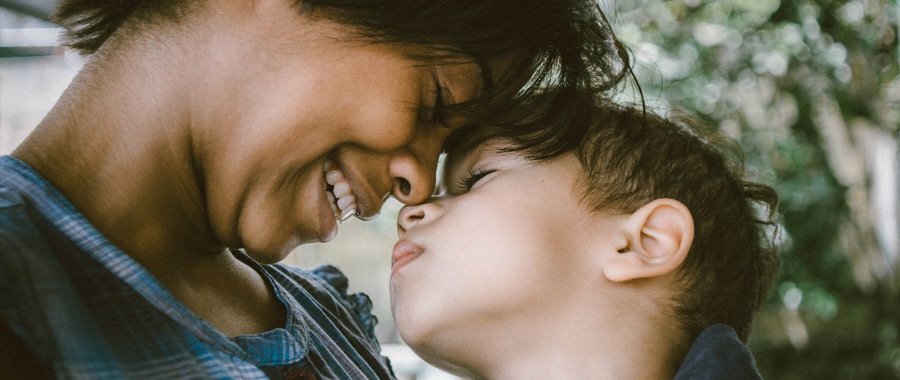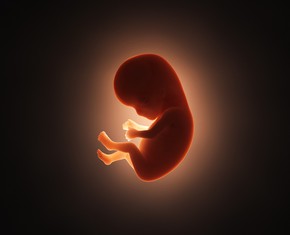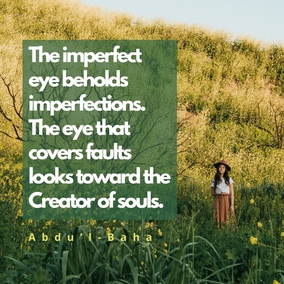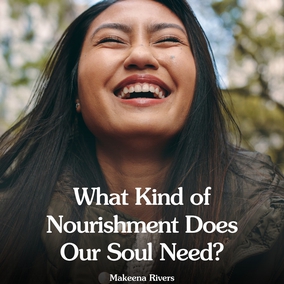The views expressed in our content reflect individual perspectives and do not represent the authoritative views of the Baha'i Faith.
Hanging out in the mall while waiting for my friend, I wandered into a greeting card store. My favorite card had a line from a 4-year-old girl: If you’d just do what I tell you I wouldn’t have to be so bossy!
This delightfully captures the essence of a child’s perspective—an attempt to control her own world and the people in it and the youthful, frankly naive, assumption that her way is the right way.
Not everyone has children, but two things we all have in common are (1) we once were children and (2) we had parents.
Some people remember details about their childhood, others do not. Some consider their childhood as having been happy, others not so much. Some had two parents, some didn’t; or perhaps this changed a few times. Despite variations on this theme, every human being has some sort of connection to the parent-child relationship.
Beyond that basic biological fact, making general statements about our own experiences and memories often proves difficult and perhaps unnecessary. Instead, let’s focus now on a different scenario—the potential for the parent-child relationship.
At the most basic level, parents have the responsibility for providing both physical and psychological well-being within a loving and secure home environment. They also must ensure the child gets an education. This goes beyond academic studies, essential as these may be. Parents also have a duty to give their children a moral foundation that connects them to their spiritual nature, their creative potential, and their role in improving the world as it progresses toward peace and unity.
The Baha’i vision of this fundamental human relationship, both lofty and inspiring, goes beyond this physical life. The parent-child bond forms the foundation for an eternal relationship, and within it live the spiritual truths and lessons demonstrated through actions in this life. Writing about children from their infancy, Abdu’l-Baha advised:
Give them the advantage of every useful kind of knowledge. Let them share in every new and rare and wondrous craft and art. Bring them up to work and strive, and accustom them to hardship. Teach them to dedicate their lives to matters of great import, and inspire them to undertake studies that will benefit mankind. – Selections from the Writings of Abdu’l-Baha, p. 129.
The welfare of all children merits everyone’s interest, and seeing to the benefit of future generations should guide our decisions. Applying this to a community level, the Universal House of Justice called children “the most precious treasure” and then elaborated on this point:
An all-embracing love of children, the manner of treating them, the quality of the attention shown them, the spirit of adult behaviour toward them … Love demands discipline … not to indulge their whims or leave them entirely to their own devices. An atmosphere needs to be maintained in which children feel that they belong to the community and share in its purpose. – Letter to the Baha’is of the World, April 2000, p. 8.
Within the parent–child relationship an element of reciprocity exists, which means that children also have a responsibility to their parents. The law from the Ten Commandments to “Honor thy father and mother” still holds today. This calls on us, no matter what our age, to be grateful for our parents, respect them and assist them while they are alive, and remember them when they pass on.
I appreciate seeing parents and children who enjoy being with each other. Whether they are playing or in other informal encounters, a family experiencing love, joy, and mutual respect uplifts every observer. If we remember being a child ourselves, then we are even more likely to bring out the best in the children around us—and hopefully no one is even tempted to get bossy.
















Comments
Sign in or create an account
Continue with Googleor